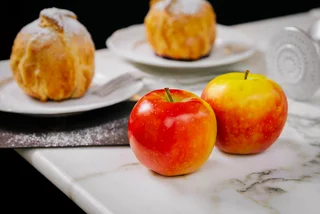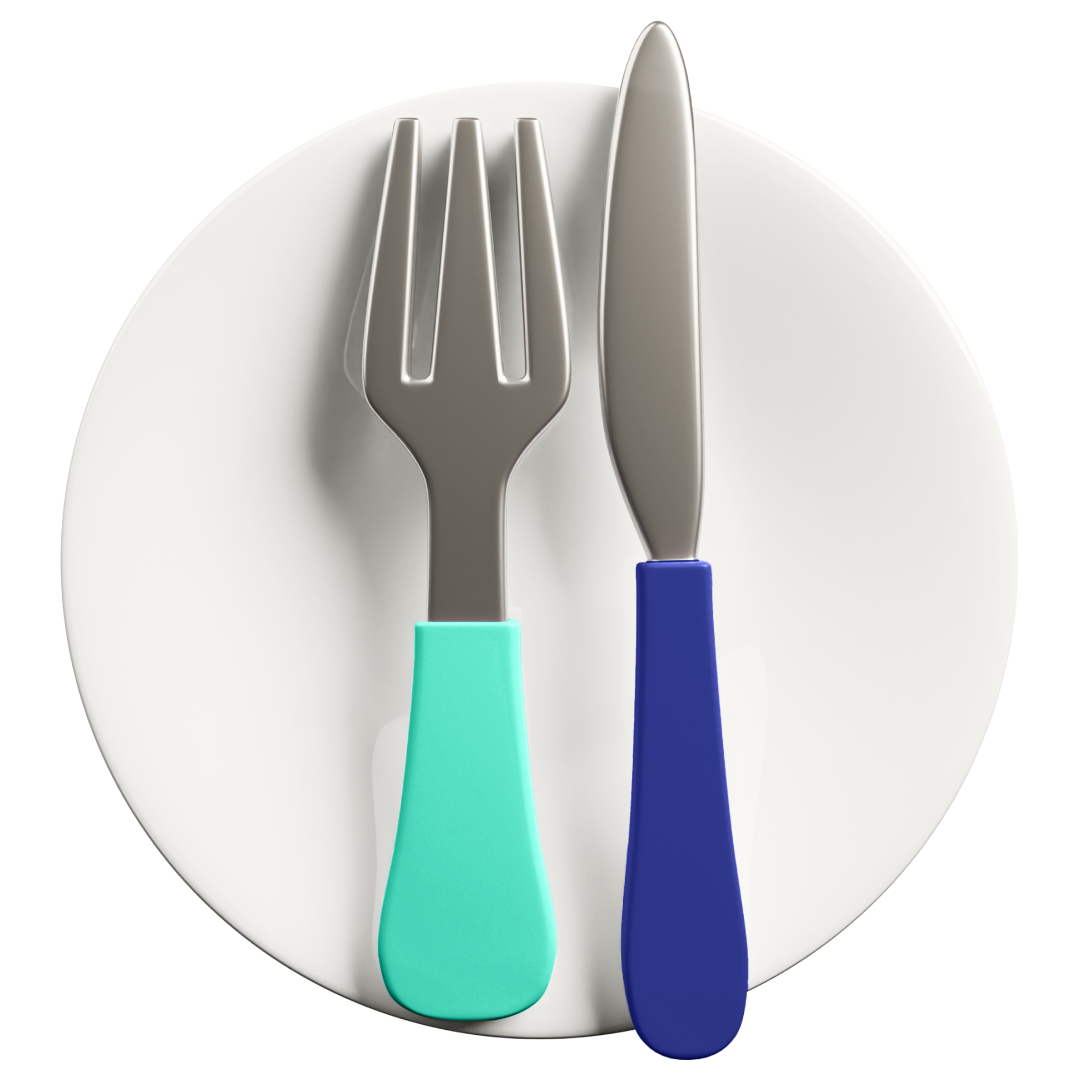Koláč, Czechia's beloved national pastry, consists of yeast dough circles filled with delectable fillings like apricot, plum jam, poppyseed, and farmer's cheese. Originally a simple wedding treat, modern pastry chefs have transformed them into intricate, wheel-shaped culinary masterpieces, celebrating their round shape ("kola" in Czech).
Did you know there are different varieties? The preparation and filling of koláč can vary according to the region from which they originate. We asked the experts from bustling Prague bakery Eska to share recipes for both traditional fruit-filled Bohemian koláč and its Moravian cousin, which is sealed before baking like a bun. This recipe uses a sourdough starter (kvasové koláče) however you can also make a yeasted (kynuté koláče) variation if you do not have a sourdough starter on hand.
Sourdough Koláč (Kvasové koláče) from Eska
Ingredients
For the dough
- 300 g of plain wheat flour + more to coat the bowl
- 25 g granulated sugar
- 100 g of sourdough starter (you can also substitute it for dried yeast)
- 125 ml milk
- 100 g butter
- 50 g egg yolks (2 or 3 eggs, depending on size)
- 25 g of lard and a couple of tablespoons of clarified butter for glazing
For the crumble
- 375 g butter
- 375 g sugar
- 575 g of plain flour
Method
Basic dough
- 1.Mix all the ingredients for the dough in a large bowl (or in a food processor) and work into a smooth, elastic mass. Place the prepared dough in a bowl lightly dusted with flour, cover, and leave to rest in a cool place for 2 to 3 hours.
- 2.Transfer the rested dough to a clean surface, and using a rolling pin, roll out the dough, section, and then roll the sections into balls. Each should weigh about 80 g.
- 3.Prepare the crumble with the butter, sugar and plain.
Chef's tips: Eska's sourdough koláč are topped with fresh seasonal fruit, as well as preserved or frozen fruit (strawberries, blackberries, raspberries, apricots, plums, or pears in caramel). Other traditional fillings include poppyseed, custard, pudding, or nuts. Moravian koláč is filled with fruit curd or thick pudding. Lard is added to the dough for flavor and suppleness. Leaving the pastries to rest in a cool place gives the yeast time to work and creates a softer and better-rising dough that's ready to bake in the morning.

Bohemian koláč
- 1.Using a cookie cutter or a glass, shape the dough so that the edges are about ½ cm wide around the center.
- 2.Place pastries on a parchment-lined tray, brush with lard or clarified butter, and add filling.
- 3.Next, sprinkle the crumble over the cakes and refrigerate for 10 to 12 hours. An hour or two before baking, remove from refrigerator and bring to room temperature.
- 4.Brush the edges of the baked pastries with lard or clarified butter to give them a shiny glaze and bake in a preheated oven at 180°C for about 10 to 12 minutes, depending on the size.
Moravian variation
- 1.Follow step 1 from the instructions above, gently flattening the balls of dough and filling them with a spoonful of curd, custard, or pudding. But instead of baking open-faced, gently close the gap and shape into a bun-like formation.
- 2.Place the rounded pastries, seam side down, on a baking tray lined with parchment paper. Make an indentation in the top with the back of a spoon or your fingers, fill with jam, and sprinkle with the crumble.
- 3.Proceed with baking as instructed above.
In the Czech Kitchen is a weekly column written in cooperation with the culinary experts from Ambiente. Established in 1995, the Prague-based collective of pubs, restaurants, and fine-dining outlets has transformed the Czech culinary landscape and lent to the widespread awareness of quality food service and production in Czechia. Follow their socials or book your table at www.ambi.cz.












 Reading time: 3 minutes
Reading time: 3 minutes 

















